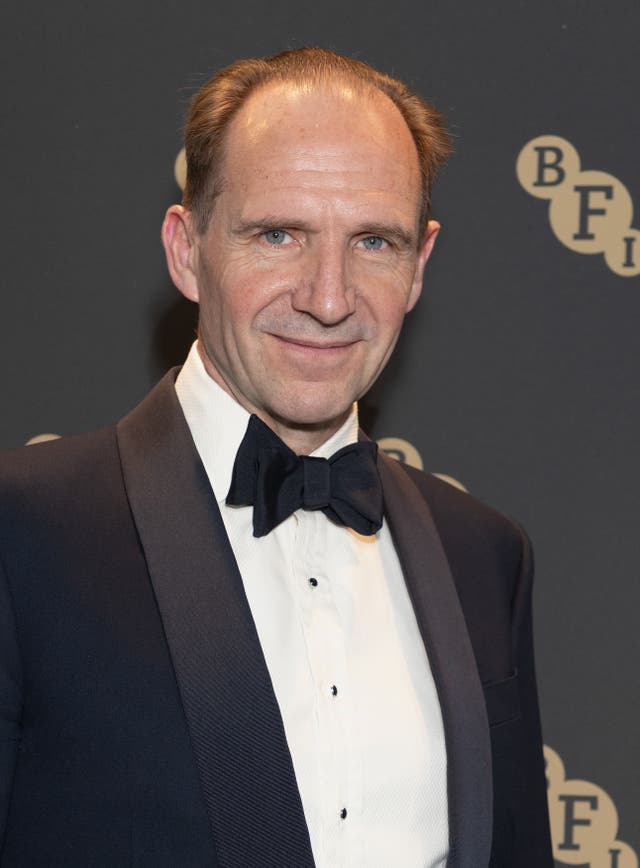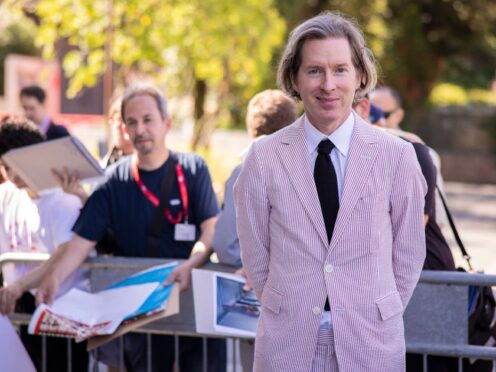Wes Anderson has shared his views on the censorship of Roald Dahl’s works to remove material considered to be offensive.
The Hollywood director, 54, said he believes when a piece of work has been published it ought not to be edited, particularly if the author cannot modify it themselves after their death.
Dahl died in November 1990, however, in February this year, the Roald Dahl Story Company and Puffin Books announced they had carried out a review of the author’s classic titles which led to the removal or rewriting of content deemed insensitive – including references to weight, mental health, violence, gender and race.
On Friday, Anderson appeared at a Venice Film Festival press conference ahead of the international premiere of his latest Dahl adaptation, The Wonderful Story Of Henry Sugar, and was asked about the controversial edits made to classic texts including James And The Giant Peach, Matilda, and Charlie And The Chocolate Factory.
He said: “You know, I’m probably the worst person to ask about this because, you know, if you ask me, should (French artist Pierre-Auguste) Renoir be allowed to touch up one of his pictures and modify it? I would say, no, it’s done.
“Somebody bought it. It’s in a museum. I don’t want even the artist to modify their work.
“I understand the motivation for it, but I sort of am in the school where when the piece of work is done and we’ve – we participate in it, the audience participates in it, we know it.
“And so, I sort of think, when it’s done it’s done, and certainly no one who’s not an author should be modifying somebody’s book.”
“He’s dead,” he added, referring to Dahl.
Anderson appeared on his own at the press conference for the upcoming film – starring Ralph Fiennes as Dahl, Benedict Cumberbatch as Henry Sugar and Sir Ben Kingsley as Imdad Khan – amid the on-going US actors’ strikes.
The film, which is adapted from Dahl’s 1977 book, follows protagonist Henry Sugar who is able to see through objects and predict the future with the help of a book he stole.
On casting Fiennes in the short film, he said: “It all has to be people who you can hand not just paragraphs, but pages of text that they’ve got to perform, they’ve got to absorb it, and they’ve got to, then, make it so they can really play with it.
“So that limits the pool of people, although there’s a high percentage of them in the English movie and theatre world.

“But Ralph is somebody, (I’ve known) Ralph for many years, and I’ve worked with Ralph before so extensively, and I knew Ralph would essentially he’d just take it away and I’d be the audience.
“And that’s the ideal thing – to be able to just, you know, sit there on the set and watch someone perform the movie.”
The US director also said he was “quite frightened” to work with Sir Ben, describing him as “intimidating” and “a little bit scary” having met only once before filming began.
“I’ve been a great fan of his for so long, and I just wasn’t quite sure how do I be the director with Ben Kingsley? What is my role going to be,” he said.
“We’d spoken about the character and what’s going on, and he’d been studying, and he’d – you know – he was saying, this is a lot to memorise.
“But then, the instant that he arrived on the set, he was so gentle and gracious and I felt within 10 minutes of starting on our first day of work together, I could just feel him feeling comfortable.”
In 2009, Anderson adapted Dahl’s classic storybook, Fantastic Mr Fox, and also confirmed he had several other upcoming adaptions of Dahl’s work, which would see the same actors from this project return to the screen.
“It is like a theatre company,” he said.
The director is also set to receive the Cartier Glory to the Filmmaker Award at the Venice Film Festival on Friday, with previous recipients of the award including British filmmaker Sir Ridley Scott.
The Wonderful Story Of Henry Sugar is set to debut on Netflix on September 27.
